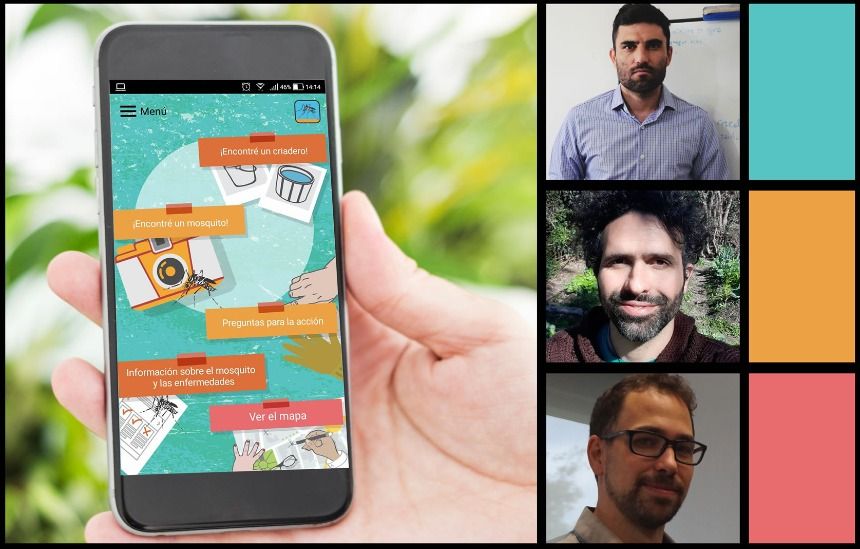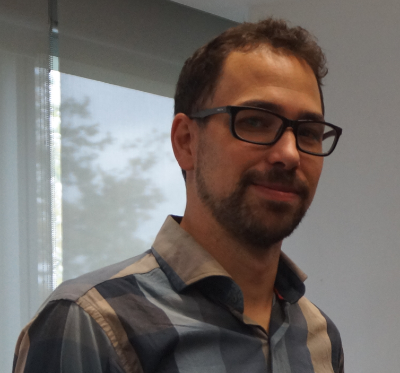Caza Mosquitos
Caza Mosquitos is a citizen science and educational project in Argentina to help prevent vector-borne diseases, such as Dengue and Zika. Anyone can participate in the project through the mobile app, to identify and learn about mosquitoes

What is Caza Mosquitos?
Caza Mosquitos is a citizen science and educational project based in Argentina, to help prevent vector-borne diseases transmited by mosquitos (particularly Aedes aegypti), such as dengue, zika and yellow fever.
Anyone can get involved in the project through the mobile app to contribute with the real-time collaborative map of the distribution of the different species of mosquitos.
What challenges is the project trying to solve?
Mosquito-transmitted diseases are a multifaceted problematic. The reasons for the spread of these diseases are varied, including not only biomedical reasons, but also social, cultural, historical, political and economical. Any solutions to the problem has to consider all these aspects; a generalized 'recipe of instructions' on how to control mosquito populations can be uneffective in a local perspective.
However, most risk management approaches to the problematic are usually aimed at the biomedical aspect only, instructing individuals specifically on actions to reduce the mosquito population (e.g. use insecticides, turn flower pots upside down to reduce egg proliferation, etc.).
In Caza Mosquitos, we believe that through involvement and education we can encouraging critical thinking for people to question their surroundings and local habitats (houses, neighbourhoods), and to directly collaborate in efficient solutions for vector-bourne diseases. We recognize the need to stop considering prevention as an exclusively individual responsibility, but to contemplate it from a collective approach.
How does it work? How can people participate?
Anyone can send photos of insects through the mobile app or through the project's social media; a team of experts will help to identify it, and contact the user to provide any recommendations. The app contains information on how to recognize Aedes aegypti, the main vector for dengue, yellow fever and zika.
The app also guides the participant to examine their surroundings for any potential mosquito breeding places, to take direct actions into their elimination (if possible) and to share their experience with the rest of the community. Participants can also team up to conduct collective strategies to reduce mosquitos in their neighbourhoods.
We also provide free educational material to download, related to the mosquito's biology and life cycle, the diseases they transmit and recommendations on how to deal with their symptoms.
What happens to the data sent by the participants? Can local governments or NGO's use it?
Caza Mosquitos aspires to be an open science project. Anyone can view the collaborative map through the project's website or through the app, and download all information.
All downloadable materials, and all data regarding the reports of mosquitos are protected by a Creative Commons (CC BY-NC 4.0) license; this means that anyone can view, download, use and adapt all data as long as there are no commercial purposes. All data regarding user information (names, emails, etc.) is protected.
Can the app be used in other regions or countries?
Yes. The Caza Mosquitos app is not only open-source, so anyone can get the code and adapt it to their needs, but we can also provide with assistance to implement it. We look forward to sharing our experience with anyone who wants to help tackle this important health issue.
So, how is that going so far?
Since its initial launch in 2017, the Caza Mosquitos mobile app has had over 3500 registered users, that have contributed with over 600 reports of mosquitos from all over the country.
Meet the solution owner

